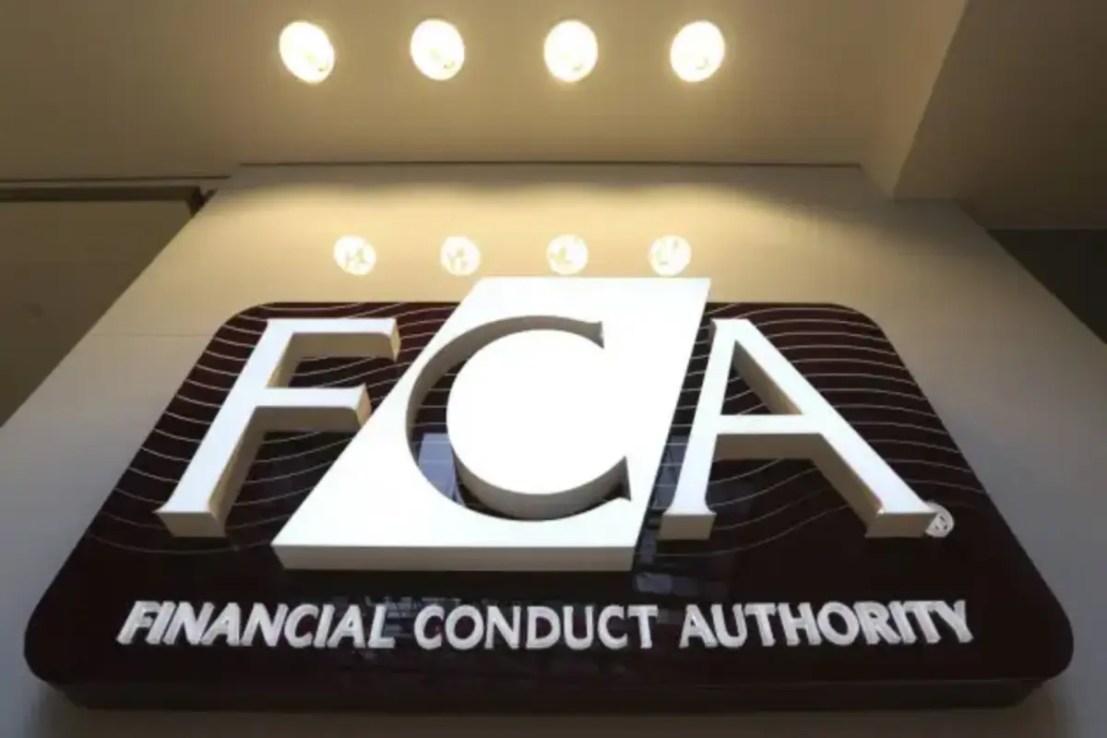
The Financial Conduct Authority has confirmed it will consult on an industry-wide redress scheme following the Supreme Court’s motor finance ruling last Friday.
The City watchdog is aiming to publish a consultation by early October, with total costs of the redress expected to be between £9bn and £18bn.
The regulator said in June any scheme must keep the market afloat in order to curb rising costs for consumers.
Comprehensiveness, fairness, certainty, simplicity and cost effectiveness, timeliness, transparency and market integrity were listed as the key criteria for a scheme, though the watchdog said there would be “tensions” between these principles and it would seek to strike a balance.
The announcement follows a partial win for City banks in their bid to overturn the Court of Appeal’s ruling last October, which found it was unlawful for banks to pay a commission to a car dealer without the customer’s informed consent.
The Court sided with the lenders in two cases but found in the case of Johnson, which was against South African lender FirstRand bank, there was scope for compensation under the Consumer Duty act.
Last Friday, Lord Justice Reed, President of the Surpeme Court, said the commission in Johnson’s case was “unfair” and in turn he was entitled to compensation.
But the redress scheme is expected to curb the worst case scenario dreaded by the City and Treasury, where analysts have predicted total costs reach £44bn.
Reports emerged that Chancellor Rachel Reeves was exploring routes to over turn the Supreme Court amid fears the lenders were to be hit with a nightmare judgment.
Lord Justice Reed said ahead of the ruling being announced the FCA had advised it be unveiled after markets closed for the weekend to avoid “disorder”.
“The markets will need time to digest and consider its implications,” Reed said.
Lloyds Banking Group – which owns leading vehicle finance provider Black Horse – leads the pack for provisions for the car mis-selling scandal at £1.2bn. Meanwhile, Santander and Barclays were on the hook for £295m and £90m.
Since the Court of Appeal’s ruling, firms have flocked away from the market.
Santander announced it was spinning off its motor finance division earlier this year meanwhile specialist lender Secure Trust Bank said it would phase out the business’ loan book.
The regulator said it aims to finalise fresh rules for a scheme to launch by 2026 and consumers beginning to receive compensation next year.
The scheme will cover agreements going back to 2007 in line with complaints the Financial Ombudsman Service can consider.
The FCA said it was still mulling an “opt-in or opt-out” process.
The FCA has said: “Our consultation will cover how firms should assess whether the relationship between the lender and borrower was unfair for the purposes of our scheme and, if so, what compensation should be paid.”
It added: “We will also consult on which non-discretionary commission arrangements should be included. This is because the Supreme Court decision in the Johnson case, which did not include the payment of any discretionary commission, makes clear that non-disclosure of other facts relating to the commission can make the relationship unfair.”







